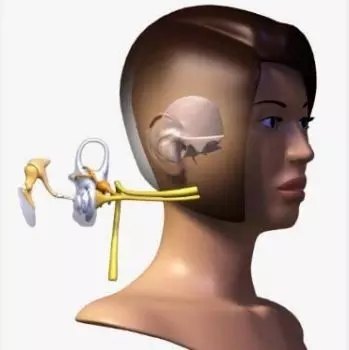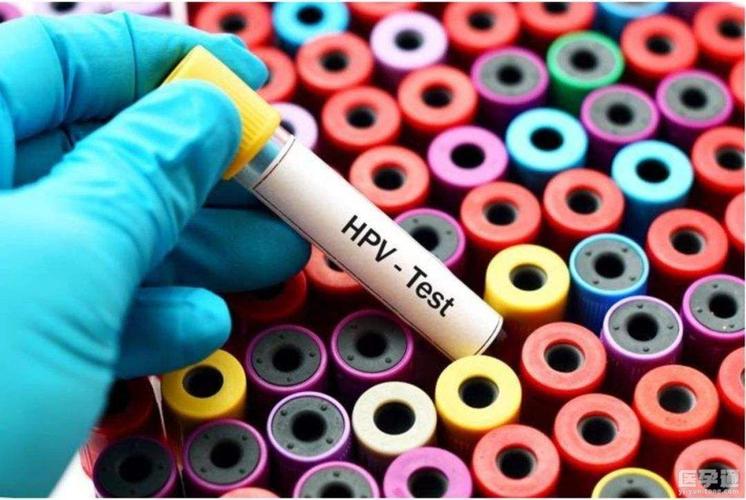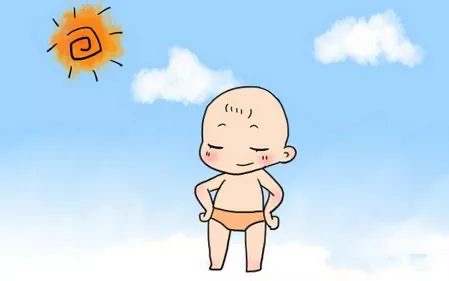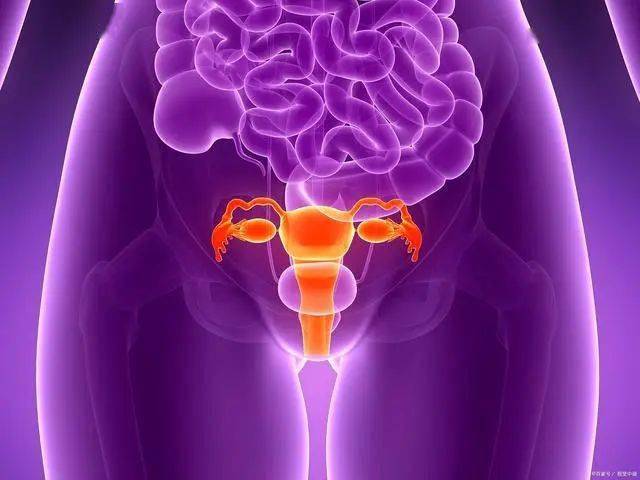When the warm scroll of life slowly unfolds, the arrival of a new life should be the most brilliant chapter in the family, however, behind this joy, there may be a hidden piece of darkness - postpartum depression, a gentle trap, quietly infested with many hopeful new parents.
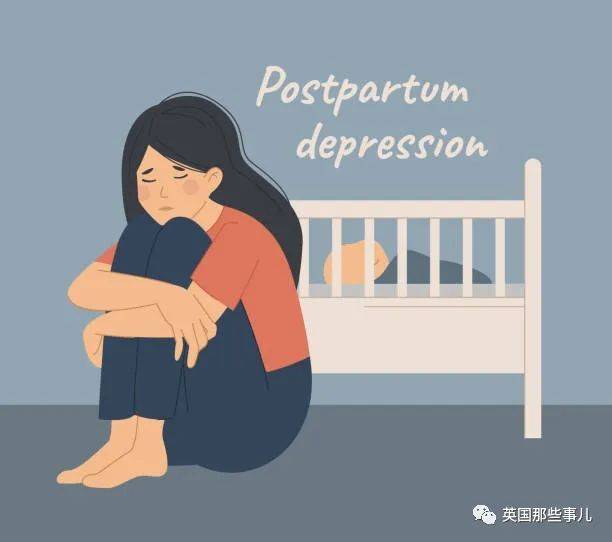
Postpartum depression is more like an unanticipated winter rain, making people feel a biting chill in the warmth of their new life. It often creeps up on new parents during those hopeful and challenging six weeks after giving birth and continues to be an unspeakable pain in the heart until a year afterwards. Whether you're a gentle first-time mom or a new dad full of excitement, you can fall prey to it. It ignores differences in backgrounds, age boundaries, and even the sunny or cloudy past of the mind, sowing the seeds of sorrow without discrimination. Like a sudden snowstorm, it covers what should be a colourful path of parenting, leaving new parents struggling to move forward under the double weight of love and responsibility.
Although no one is completely immune to the vast shadow of postpartum depression, there is a group of people who seem to be more susceptible to this shadow. They are either travellers whose souls have been scarred by storms or courageous people who are amid life's turbulent currents and encountering many challenges. These qualities are like warning lights flashing in the night sky, reminding us to pay attention to those souls who are more likely to fall into the abyss of postpartum depression. For starters, travellers who have had mental health issues marked on their soul maps, especially in the land of depression and anxiety, may have more sensitive and vulnerable hearts where the clouds of postpartum depression are more likely to gather. Stressful life events disrupt the carefully woven parenting plans of new parents, and complications during pregnancy or labour make the journey one of unknowns and fears. Coupled with a lack of support and warmth from family or friends, new parents often feel alone and helpless. Dramatic hormonal changes during the postpartum period, like the changing of the seasons, can make emotions as uncertain as the weather.
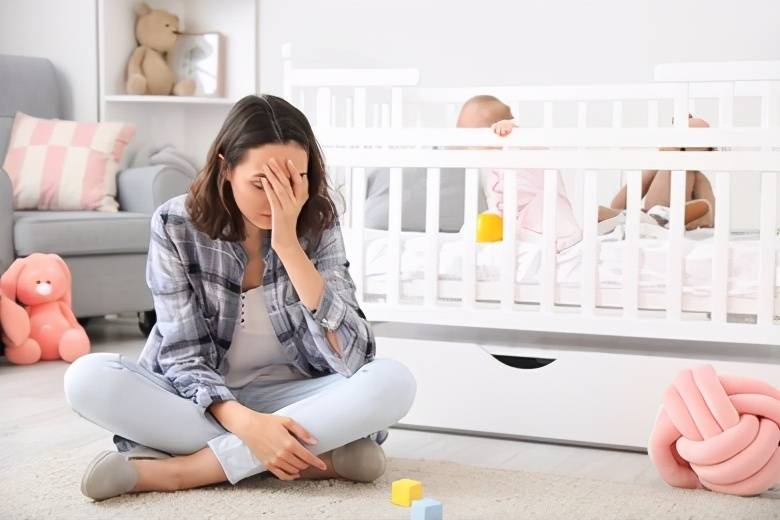
Postpartum depression, the uninvited guest that arrives unannounced, often casts a faint shadow over the lives of new parents with its subtle and changeable demeanour. Its early warning signs are elusive and make it hard to detect. Persistent sadness and low mood are like a continuous drizzle that silently soaks the hearts of new parents. It is as if their love and longing for life have been obscured by an invisible veil, losing their former colour and vitality. To add insult to injury, new parents may find it difficult to fall asleep, only to wake up feeling even more tired. New parents may feel as if there is an unbridgeable gap between themselves and their baby. They have trouble bonding with this new life and feeling the joy and fulfilment that they deserve. And even more distressing, in extreme cases, they may even entertain thoughts of self-harming or hurting the baby.
In the newborn's endless needs and laughter intertwined with the melody, new parents often become the busiest conductor, but do not forget, in this symphony of life, their harmony and power are equally indispensable. In your baby's sweet dreams, find yourself a quiet corner where your tired eyes can close and your tense nerves can relax. Physical exercise is like a deep breath for the body, allowing stiff muscles to regain their elasticity and the spark of vitality to jump in every sweat. The flexibility of yoga, the serenity of meditation, and the calmness of deep breathing are like a massage therapist for the soul, letting stress and anxiety go with the wind.

Of course, on the journey of parenting, family is the most solid support. Those seemingly insignificant confidences are a bridge connecting each other's emotions. Only when you are full of strength and light, you can better illuminate your baby's path of growth and weave a bright future together.

